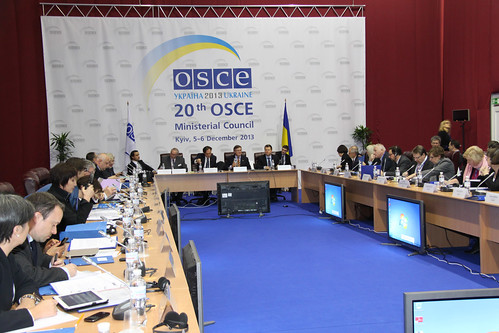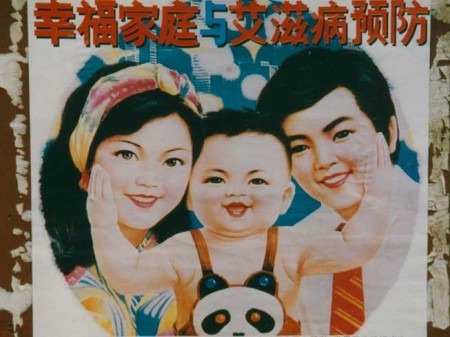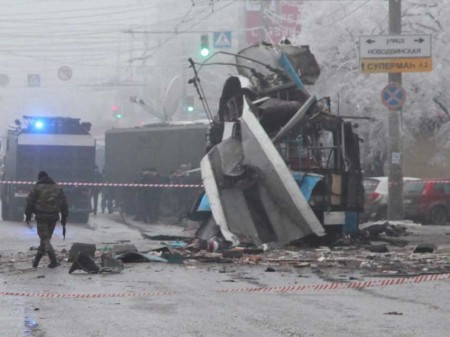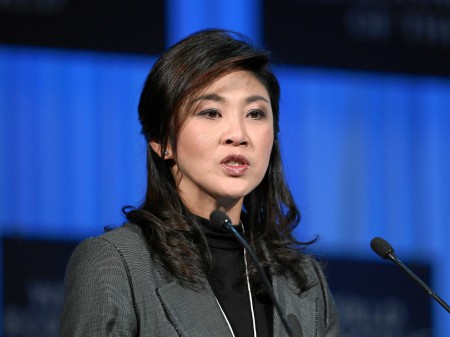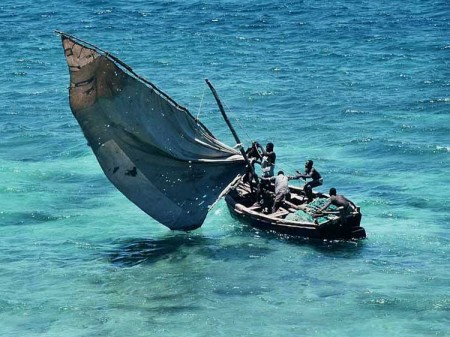
This article was originally published by New Security Beat.
A 20-year peace accord between Mozambique’s two major political parties was brought to an abrupt end last fall. A series of violent skirmishes between FRELIMO and RENAMO resulted in at least 10 deaths, dozens injured, and fears that the country might relapse into the kind of political violence seen during its civil war, which left more than a million dead. RENAMO claims its frustrations stem from a fraudulent electoral system and social inequality, but some observers have suggested their motivations may be less benevolent: making sure they get their piece of the country’s newfound natural gas wealth.
Long off limits due to limited technology, a grueling 16-year civil war, and Portuguese colonial rule before that, Mozambique’s hitherto untapped coal and hydrocarbon deposits are now available for foreign investment. Extensive coal mining has already resulted in rapid gross domestic product growth over the last decade, and international petroleum powerhouses Andarko (American) and Eni (Italian) plan to begin exporting liquid natural gas from Mozambique’s offshore deposits by 2018. But if the exploitation of these natural resources is to lead to broader socioeconomic development – almost 60 percent of Mozambique’s population makes less than $1.25 a day – RENAMO has a point in one respect: the government needs a deliberate multiuse natural resource management plan that goes further than naming potential socioeconomic benefits on paper and ensures the implementation of sound health policy and improvements in education at the local level.

